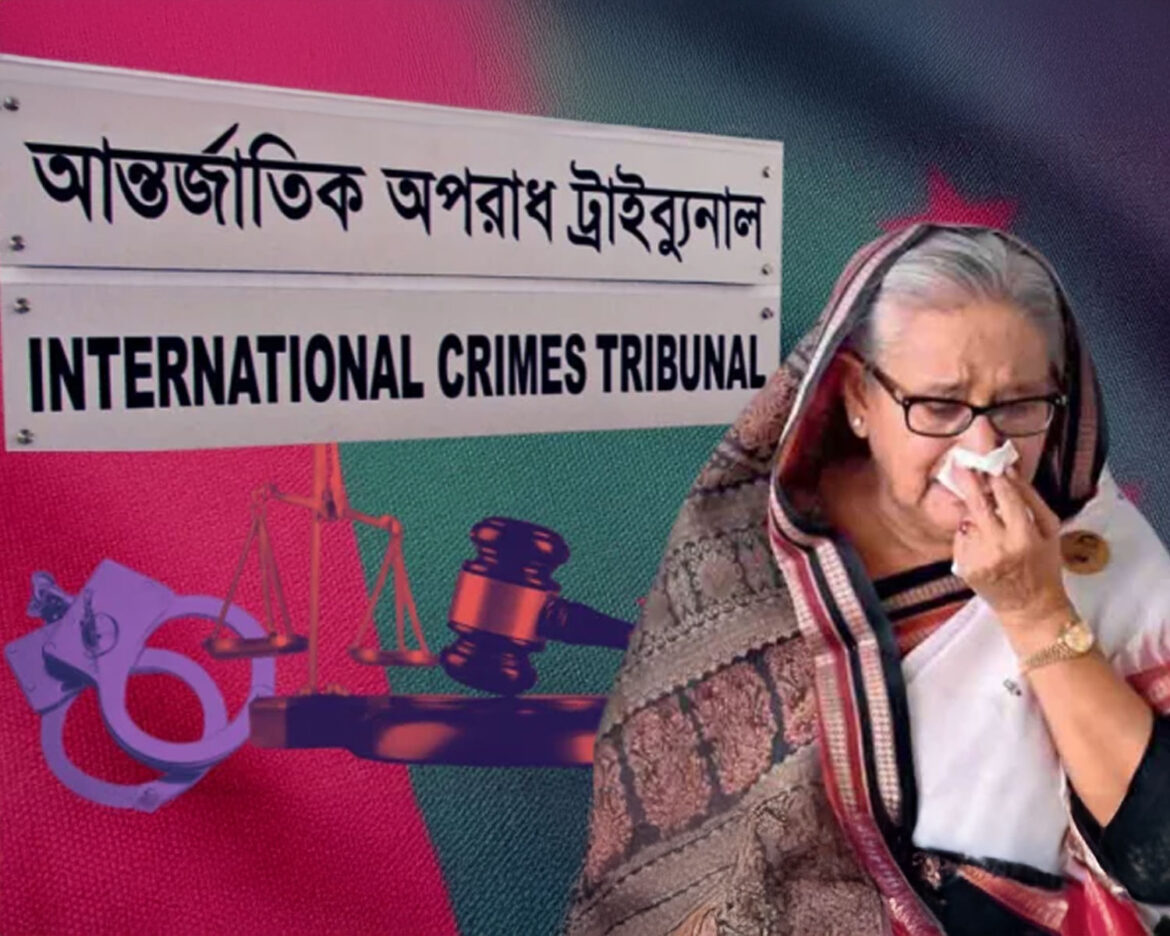Dhaka: Bangladesh’s International Crimes Tribunal on Thursday issued an arrest warrant for former Prime Minister Sheikh Hasina, citing her alleged involvement in mass killings during violent protests earlier this year. The protests, which started as a student-led movement against public sector job quotas, escalated into deadly unrest, resulting in over 700 deaths and numerous injuries, marking one of the country’s bloodiest crises since independence in 1971.
The violence forced Hasina to flee to India on August 5th, and an interim government led by Nobel Peace Prize laureate Muhammad Yunus assumed control. During tribunal proceedings, presided over by Justice Golam Mortuza Majumdar, prosecutors requested arrest warrants for 50 individuals, including Hasina, in connection with the protests.
Chief prosecutor Mohammad Tajul Islam argued, “If the accused, who are extremely influential, are not arrested, it will be impossible to conduct the investigation.”
Over 60 complaints have been filed against Hasina and other leaders of the Awami League party, accusing them of enforced disappearances, murder, and mass killings. Many Awami League leaders have been arrested or gone into hiding, while others, including Hasina’s son, Sajeeb Wazed, have defended the former Prime Minister. Wazed told Reuters last month, “My mother has done nothing wrong and is ready to face trial.”
This legal move marks a turning point in Bangladesh’s political landscape. What began as peaceful protests advocating for changes to government job quotas spiraled into widespread unrest. Public outrage at the violence led to demands for accountability, with the Dhaka tribunal’s actions reflecting these tensions.
As the interim government took shape, observers noted that the investigation could reshape Bangladesh’s future political dynamics. Citizens continue to monitor the evolving situation, hoping for justice and transparency.



